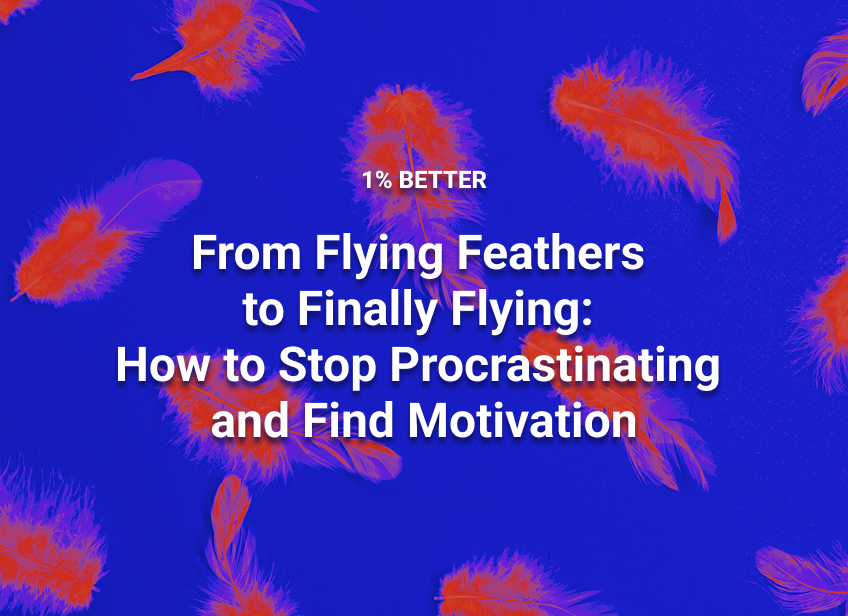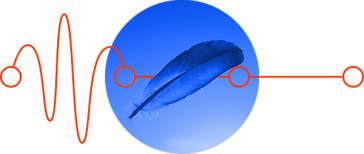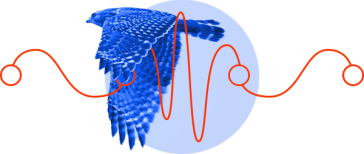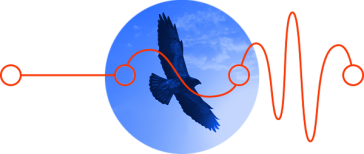by Reid Smith
An Early Lesson in Procrastination
I learned the dangers of procrastination in Mrs. Carpenter’s fifth-grade class. As students were going around the room presenting their animal research projects, I was still frantically gluing faux hawk feathers from Michael’s Arts & Crafts onto mine. With my hands covered in glue and beads of sweat starting to drop onto my half-finished project, a couple questions rattled around my head. Why had I waited until the absolute last minute? What could I do next time to avoid this? And, what grade would I get on this?”
The answers to those questions were:
Because I procrastinated;
I could stop procrastinating;
and a “D”.
The Dreaded Procrastination Paralysis
In creative spaces, there’s a myth that the best way to find answers is by waiting for that “lightbulb” moment when the solution or path forward pops into your mind out of thin air. While this can sometimes be the case, in my experience, creative solutions come about through an early start, not waiting for lightning to strike.
Simply giving yourself more time sounds like a pretty mundane (and obvious) solution to the problem of having no creative spark … and that’s because it is. People have a tendency to put off thinking about projects until it’s time to actually do the legwork, i.e, writing, designing, etc. This is especially true if the project is something outside of our comfort zone.
This leaves the door open for “procrastination paralysis” to set in. Psychology Today defines procrastination paralysis as the phenomenon where people feel an inability to get started when a deadline gets closer and closer. And when you finally do get to work, you’ll most likely end up with something that’s rushed and not a true reflection of your best work, like my hastily glued-together hawk presentation.
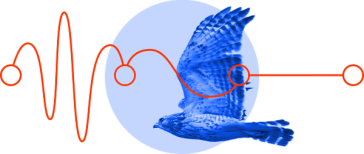
Three Ways an Early Start Benefits Your Work
So why plan ahead and have all this extra time? Is it really better than the old “lightbulb” process? Here are a few things you can do with that extra time.
Phone a Friend: With an early start, you have time to reach out to someone who’s more knowledgeable on the subject and ask for their input.
Experimentation: Maybe your first approach doesn’t pan out. That’s fine, because you’ve given yourself a buffer to try something else. If you procrastinate, that first approach will likely be your only approach.
Review and Refine: You’re also able to extend the review process, giving more time for you and others to revise your work with a critical eye to refine it into the best version it can be.
Have a Plan
So how can we get started early when we feel that tug of “Eh, I’ll get to it later” start to creep in? To answer that, we need to get to the root of why people procrastinate: fear.
Something about the task we were given makes us want to turn away and not think about it. Maybe you’ve been asked to work in a different medium or write about something you have little knowledge about or interest in. For many of us, we have the urge to “kick the can” in these situations, opting to wait for the mythical “lightbulb” moment.
The best thing to do is break your task into smaller, more digestible chunks. Doing this helps you fully wrap your head around it, making it way more manageable and much less intimidating.
Something I always do before starting any large project is reserve 30-60 minutes on my calendar for research and planning. This may sound like an overly formal approach, but it usually consists of a simple Google search or OpenAI’s ChatGPT for information on my subject.
What’s important is less about how you’re researching and planning, and more about spending time actively thinking about your project. From there, you’ll be surprised at what ideas or paths present themselves, and that fear or anxiety you were feeling can even turn into excitement.
Another tip is to ditch the phone in a drawer or another room while you’re doing this. It’s not a secret that the distraction of being able to check social media, emails, and text messages right in your pocket contributes to procrastination.
Procrastination: We All Deal With It
From a senior executive getting ready for a board meeting to a fifth grader in science class, most everyone struggles with procrastination. While an early start doesn’t always guarantee success, I’ve found it greatly increases the chances of it. This has held true whether I’m outlining a communications strategy, presenting to a client, delivering training, or writing a blog (like this one).
The next time you have a project coming up and feel that “procrastination paralysis” begin, remember my ill-fated fifth-grade science project. Nobody wants to be gluing hawk feathers on a posterboard at the 11th hour.
About the Author
Reid Smith is a Communications Specialist with MarCom Group. Shaped by his years of experience in creative writing, executive communications, and content strategy, Reid has a drive to provide clarity to the complex. When he’s not working, Reid makes time for writing fiction, playing guitar, and — always the optimist — rooting for his Cleveland Browns.


